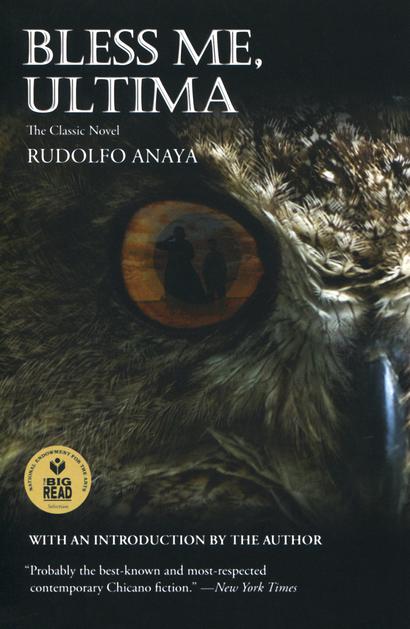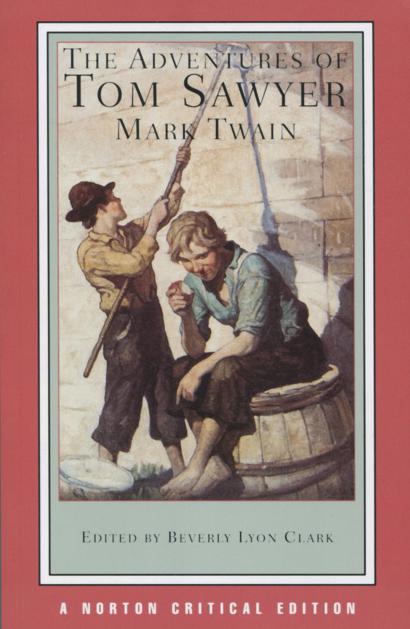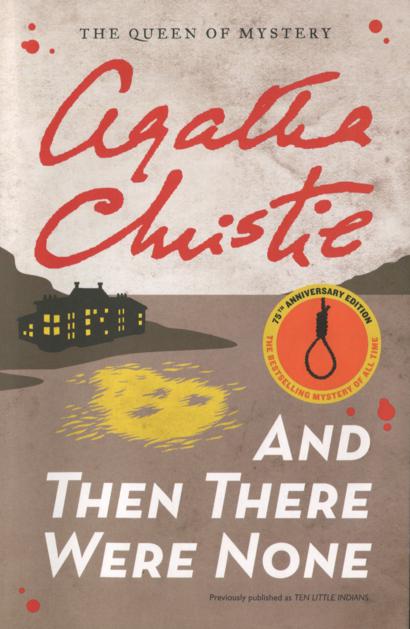[Dusting off this old blog, because my rant got way too big for Facebook]
Yesterday, this article found its way into my inbox.
To which the (extremely good) writer Maggie Stiefvater posted this reply.
And I agree with the premise of both articles. Yes, Independent Bookstore websites should be better. Yes, let's think outside the box when we redesign the websites and not play Amazon's game because Indies will always lose a game played with Amazon's rules.
But I have questions:
Who will pay for this?
Booksellers mostly get paid minimum wage, yes even the ones who do the perceived "extras" like organizing events, managing the shop floor or buying the books.
Computer programmers (even code monkeys) get paid roughly 4 times what we make. I know this because I live with one (a programmer, not a monkey).
Are there computer programmers who work in bookstores? Probably a few, but enough to make every store's website different? I doubt it. We simply don't have the staff skills to make these huge changes specific to our individual stores. And if we did, we'd pay for them poorly. If you pay peanuts, you get code monkeys.
Couldn't the ABA just..?
Ima stop you there. I love this idea that the American Bookseller Association is a knight in shining armor who can ride in and solve our every problem. But it's important to remember they are a *Trade Association* in *America*, which means 90% of their time and resources goes into lobbying the corrupt government. They're up to their necks in health care and tariffs and daft local laws which are well meant but ill-thought out.
Co-ordinating massive changes to their off-the-shelf website system which basically works, is the last thing on their minds.
And even if they could find the time, who would pay for the updates to be made? Maybe *some* bookstores who are forward thinking and can afford to pay into the pot for the update get the update? But what happens to everyone else? If the ABA did this, they'd be accused of favoritism.
Meanwhile the trade association represent the store owners, not the staff. Any solution they come up with will mean more work for those earning minimum wage. It will be presented as a fun challenge, but it will still be work for me, not the store owner. What we need is a union, but that's a different rant.
Isn't Amazon already working on this?
Oh yes.
You know when you go to a website to buy something and a little chat box pops up in the corner with Joann in Missouri saying "How can I help you today?" Well, here's an ugly truth. That's no longer just an AI, or someone with a limited grasp of English. It's probably a person and they're probably called Joann and they're probably in Missouri. Incredibly, this is what my programmer husband does. He creates the software which makes it possible for customer questions to be answered partly by AI and partly by "experts". These experts are real people, who are experts in their field making a few bucks on the side in this gig economy by answering questions about garden sheds, or X-box installation or books.
No-one is doing this with books yet, but they will. And the first company to buy it will almost certainly be Amazon or possibly Barnes & Noble, because that's the real competition for Indies now that they're run by the Waterstones CEO.
The software is still in development, it doesn't always work, but it's just a matter of time.
But couldn't the ABA..? I refer you to my previous question. Plus, who would pay the experts? Publishing companies? That would make the experts biased. Bookstores? If they could pay their staff a living wage, they would.
So, it's all doom and gloom then?
Ha! You've met me.
Technically, yes. Fighting Amazon, B&N, the oligarchy or indeed progress is always a losing battle.
However, Independent Bookstores are already *so much more* than places you can buy a book.
Bookstores exist, despite the twisted capitalism that works against them because people like me see how important they are to the community. They are meeting places for young parents at story time. Safe spaces for the lonely. A haven of culture in the barren wastes of the suburbs. Tourist destinations (I'm looking at you City Lights). Education facilities. Teacher resources. Cafes. Newsagents. Event planners. So. Many. Things.
My personal belief is that Bookstores, should all be non-profits. Yes, every single one. Then perhaps some tech company in SF could run a charity hackathon and code our websites for us.
Yesterday, this article found its way into my inbox.
To which the (extremely good) writer Maggie Stiefvater posted this reply.
And I agree with the premise of both articles. Yes, Independent Bookstore websites should be better. Yes, let's think outside the box when we redesign the websites and not play Amazon's game because Indies will always lose a game played with Amazon's rules.
But I have questions:
Who will pay for this?
Booksellers mostly get paid minimum wage, yes even the ones who do the perceived "extras" like organizing events, managing the shop floor or buying the books.
Computer programmers (even code monkeys) get paid roughly 4 times what we make. I know this because I live with one (a programmer, not a monkey).
Are there computer programmers who work in bookstores? Probably a few, but enough to make every store's website different? I doubt it. We simply don't have the staff skills to make these huge changes specific to our individual stores. And if we did, we'd pay for them poorly. If you pay peanuts, you get code monkeys.
Couldn't the ABA just..?
Ima stop you there. I love this idea that the American Bookseller Association is a knight in shining armor who can ride in and solve our every problem. But it's important to remember they are a *Trade Association* in *America*, which means 90% of their time and resources goes into lobbying the corrupt government. They're up to their necks in health care and tariffs and daft local laws which are well meant but ill-thought out.
Co-ordinating massive changes to their off-the-shelf website system which basically works, is the last thing on their minds.
And even if they could find the time, who would pay for the updates to be made? Maybe *some* bookstores who are forward thinking and can afford to pay into the pot for the update get the update? But what happens to everyone else? If the ABA did this, they'd be accused of favoritism.
Meanwhile the trade association represent the store owners, not the staff. Any solution they come up with will mean more work for those earning minimum wage. It will be presented as a fun challenge, but it will still be work for me, not the store owner. What we need is a union, but that's a different rant.
Isn't Amazon already working on this?
Oh yes.
You know when you go to a website to buy something and a little chat box pops up in the corner with Joann in Missouri saying "How can I help you today?" Well, here's an ugly truth. That's no longer just an AI, or someone with a limited grasp of English. It's probably a person and they're probably called Joann and they're probably in Missouri. Incredibly, this is what my programmer husband does. He creates the software which makes it possible for customer questions to be answered partly by AI and partly by "experts". These experts are real people, who are experts in their field making a few bucks on the side in this gig economy by answering questions about garden sheds, or X-box installation or books.
No-one is doing this with books yet, but they will. And the first company to buy it will almost certainly be Amazon or possibly Barnes & Noble, because that's the real competition for Indies now that they're run by the Waterstones CEO.
The software is still in development, it doesn't always work, but it's just a matter of time.
But couldn't the ABA..? I refer you to my previous question. Plus, who would pay the experts? Publishing companies? That would make the experts biased. Bookstores? If they could pay their staff a living wage, they would.
So, it's all doom and gloom then?
Ha! You've met me.
Technically, yes. Fighting Amazon, B&N, the oligarchy or indeed progress is always a losing battle.
However, Independent Bookstores are already *so much more* than places you can buy a book.
Bookstores exist, despite the twisted capitalism that works against them because people like me see how important they are to the community. They are meeting places for young parents at story time. Safe spaces for the lonely. A haven of culture in the barren wastes of the suburbs. Tourist destinations (I'm looking at you City Lights). Education facilities. Teacher resources. Cafes. Newsagents. Event planners. So. Many. Things.
My personal belief is that Bookstores, should all be non-profits. Yes, every single one. Then perhaps some tech company in SF could run a charity hackathon and code our websites for us.





